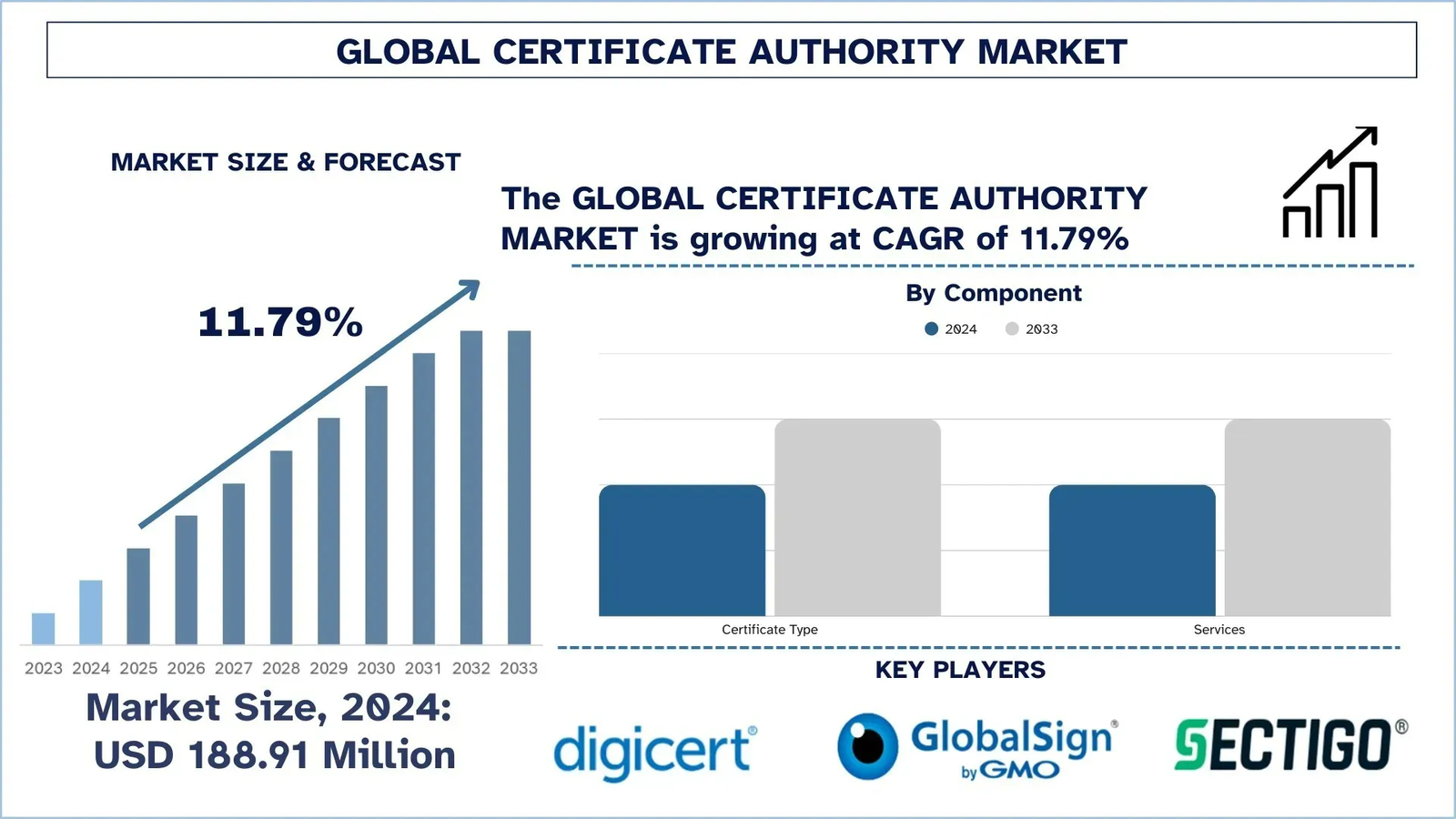Transportation companies play a crucial role in moving goods and products from one place to another. Whether it’s delivering packages to customers, shipping raw materials to manufacturers, or transporting goods across the country, ensuring safe and timely deliveries is essential. In this blog post, we’ll break down how transportation companies achieve this by focusing on various factors such as safety measures, technology, planning, and employee training.
NOTE: “Looking for a reliable transportation company in Abu Dhabi? Experience seamless, efficient, and professional transportation services tailored to your needs. Contact us today for a hassle-free solution!”

Understanding the Importance of Safe and Timely Deliveries
Delivering goods safely and on time is not just about meeting deadlines. It directly impacts customer satisfaction, business reputation, and overall operational efficiency. If deliveries are late or goods are damaged, companies risk losing customers and revenue. Therefore, transportation companies must adopt effective strategies to maintain high standards of service.
Key Benefits of Safe and Timely Deliveries:
- Customer Satisfaction: Happy customers are more likely to become repeat buyers.
- Cost Efficiency: Reducing delays and damages helps save money.
- Enhanced Reputation: Companies that deliver reliably build strong business relationships.
- Operational Efficiency: Streamlined processes lead to smoother operations.
Strategies for Ensuring Safe Deliveries
1. Vehicle Maintenance and Safety Checks
One of the primary steps in ensuring safe deliveries is maintaining the vehicles used for transportation.
Importance of Regular Vehicle Maintenance:
- Prevents breakdowns during deliveries.
- Ensures the safety of drivers and goods.
- Extends the lifespan of vehicles.
Common Vehicle Maintenance Practices:
- Routine Inspections: Checking brakes, tires, lights, and engine performance.
- Scheduled Servicing: Oil changes, filter replacements, and other essential services.
- Safety Equipment Checks: Ensuring seat belts, airbags, and other safety features are functional.
2. Hiring and Training Skilled Drivers
Drivers are at the core of any transportation company. Hiring skilled driver and providing ongoing training is essential for safe deliveries.
Hiring Criteria for Drivers:
- Valid commercial driving license.
- Clean driving record.
- Experience in handling different types of vehicles.
Training Programs for Drivers:
- Defensive Driving Techniques: Teaching drivers how to anticipate and respond to road hazards.
- Load Handling: Proper techniques for loading and securing goods.
- Emergency Response: What to do in case of accidents or mechanical failures.
- Customer Service Skills: Handling customer interactions professionally.
3. Proper Load Handling and Securing Techniques
Incorrectly loaded or unsecured goods can shift during transit, leading to accidents and damaged products.
Best Practices for Load Handling:
- Weight Distribution: Ensure even weight distribution to maintain vehicle stability.
- Secure Fastening: Use straps, nets, and other securing tools to keep goods in place.
- Fragile Item Handling: Special care for items that are easily breakable.
- Hazardous Material Guidelines: Follow regulations for dangerous goods.
Strategies for Ensuring Timely Deliveries
1. Route Planning and Optimization
Efficient route planning helps transportation companies avoid delays and reduce fuel consumption.
Key Aspects of Route Planning:
- Traffic Analysis: Identifying routes with minimal traffic.
- Weather Monitoring: Avoiding routes with severe weather conditions.
- Road Conditions: Checking for construction or road closures.
- Alternative Routes: Having backup options in case of unexpected issues.
2. Use of Advanced Technology
Technology plays a crucial role in ensuring timely deliveries by providing real-time data and automation.
Useful Technologies for Transportation Companies:
- GPS Tracking Systems: Monitor vehicle locations and provide accurate ETAs.
- Route Optimization Software: Suggests the best routes based on traffic and weather.
- Fleet Management Systems: Track and manage multiple vehicles efficiently.
- Communication Tools: Instant communication between drivers and dispatchers.
3. Real-Time Monitoring and Communication
Staying connected with drivers and monitoring deliveries in real time helps companies address issues as they arise.
Benefits of Real-Time Monitoring:
- Immediate Problem Resolution: Quick response to delays or emergencies.
- Improved Coordination: Better communication between drivers, dispatchers, and customers.
- Enhanced Customer Experience: Providing customers with accurate delivery updates.
4. Efficient Warehouse Operations
Delays often start at the warehouse. Streamlined operations can significantly reduce delivery times.
Warehouse Best Practices:
- Organized Storage: Easy access to goods for quick loading.
- Inventory Management Systems: Accurate tracking of stock levels.
- Fast Loading and Unloading Procedures: Minimize waiting times for drivers.
- Quality Control Checks: Ensure goods are in perfect condition before dispatch.
Balancing Safety and Timeliness
While safety and timeliness are both essential, they can sometimes conflict. For example, speeding to meet a delivery deadline compromises safety. Transportation companies must find a balance between these priorities.
Tips for Balancing Safety and Timeliness:
- Set Realistic Delivery Deadlines: Avoid unrealistic promises that force drivers to rush.
- Reward Safe Driving: Incentivize drivers who maintain safety standards.
- Continuous Monitoring: Use technology to track both delivery times and safety metrics.
- Driver Wellness: Ensure drivers are well-rested and not overworked.
The Role of Customer Communication
Keeping customers informed is a key part of ensuring a positive delivery experience. Effective communication helps manage expectations and build trust.
Ways to Improve Customer Communication:
- Real-Time Updates: Provide tracking information and delivery notifications.
- Proactive Problem Solving: Inform customers immediately about any delays.
- Feedback Channels: Encourage customers to share their delivery experiences.
- Clear Contact Information: Make it easy for customers to reach support.
Conclusion
Ensuring safe and timely deliveries is a complex task that requires careful planning, the right technology, skilled drivers, and effective communication. By focusing on vehicle maintenance, driver training, route optimization, and warehouse efficiency, transportation companies can meet customer expectations and maintain a strong reputation in the industry.
Whether you’re a business owner looking to improve your logistics operations or a curious reader, understanding these strategies highlights the dedication and effort that goes into every successful delivery.
For more insightful articles related to this topic, feel free to visit techners.net












Leave a Reply